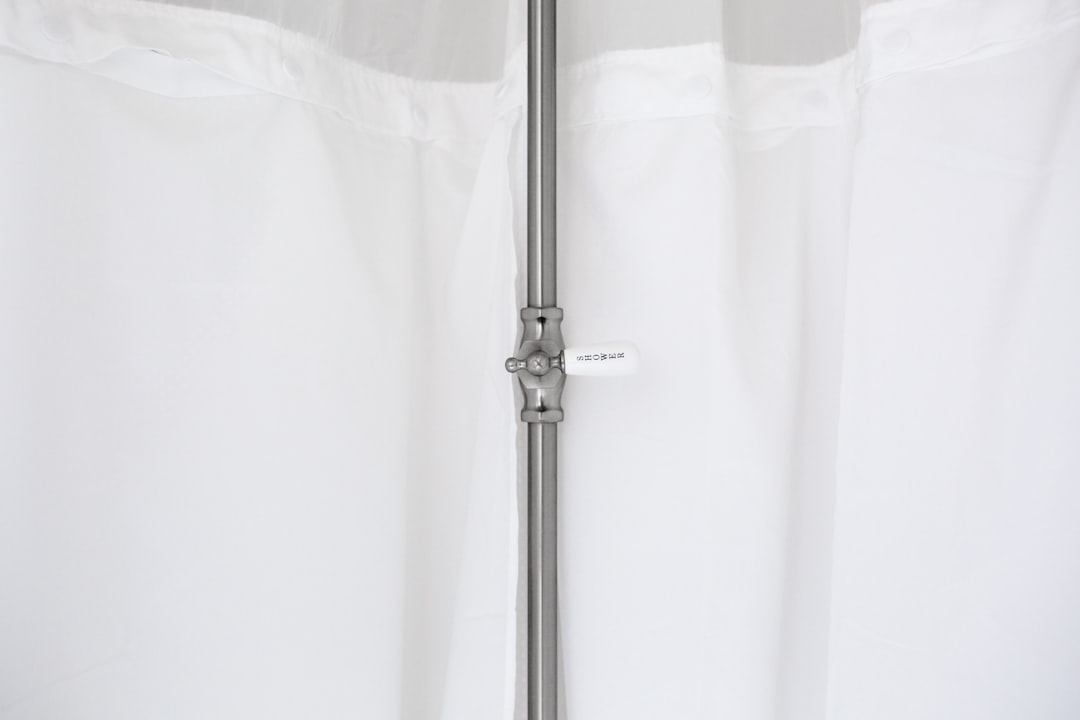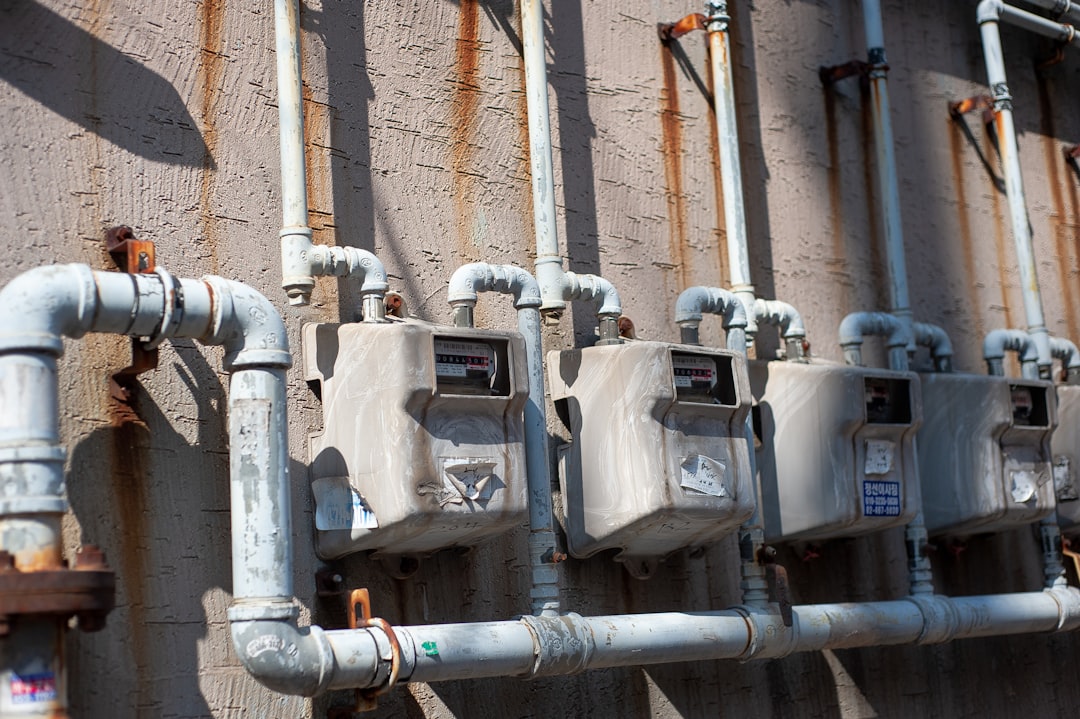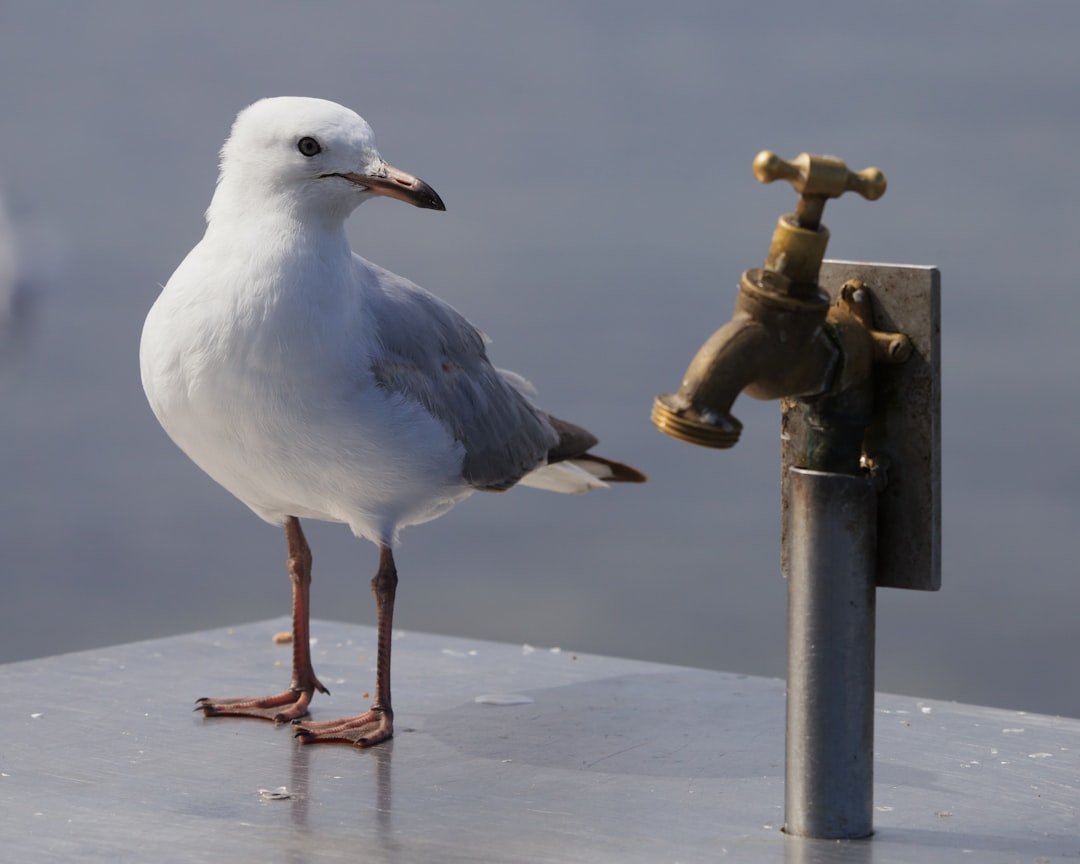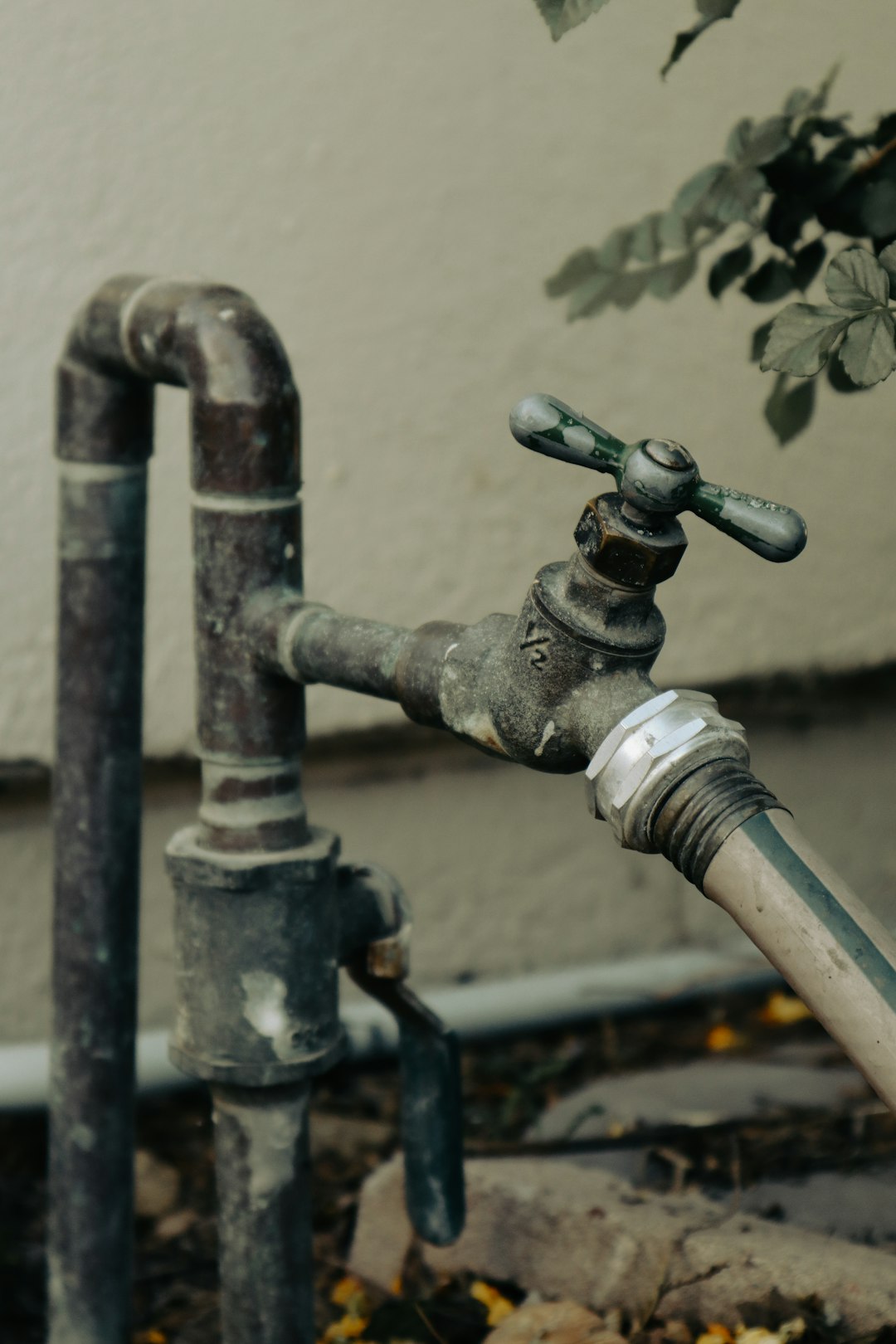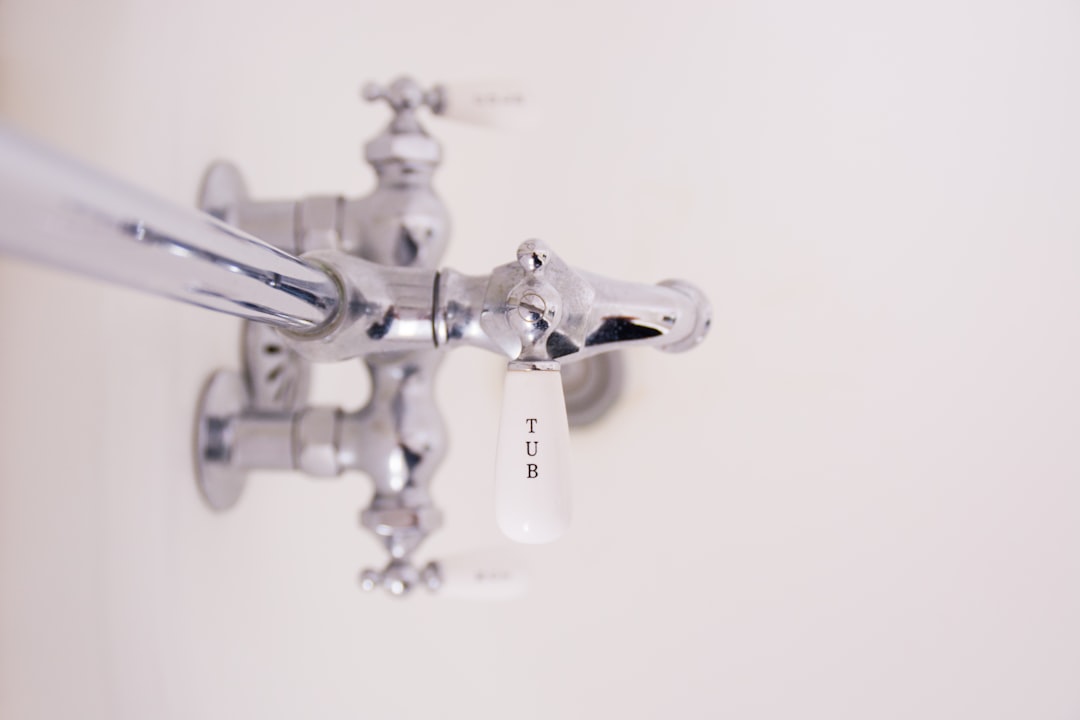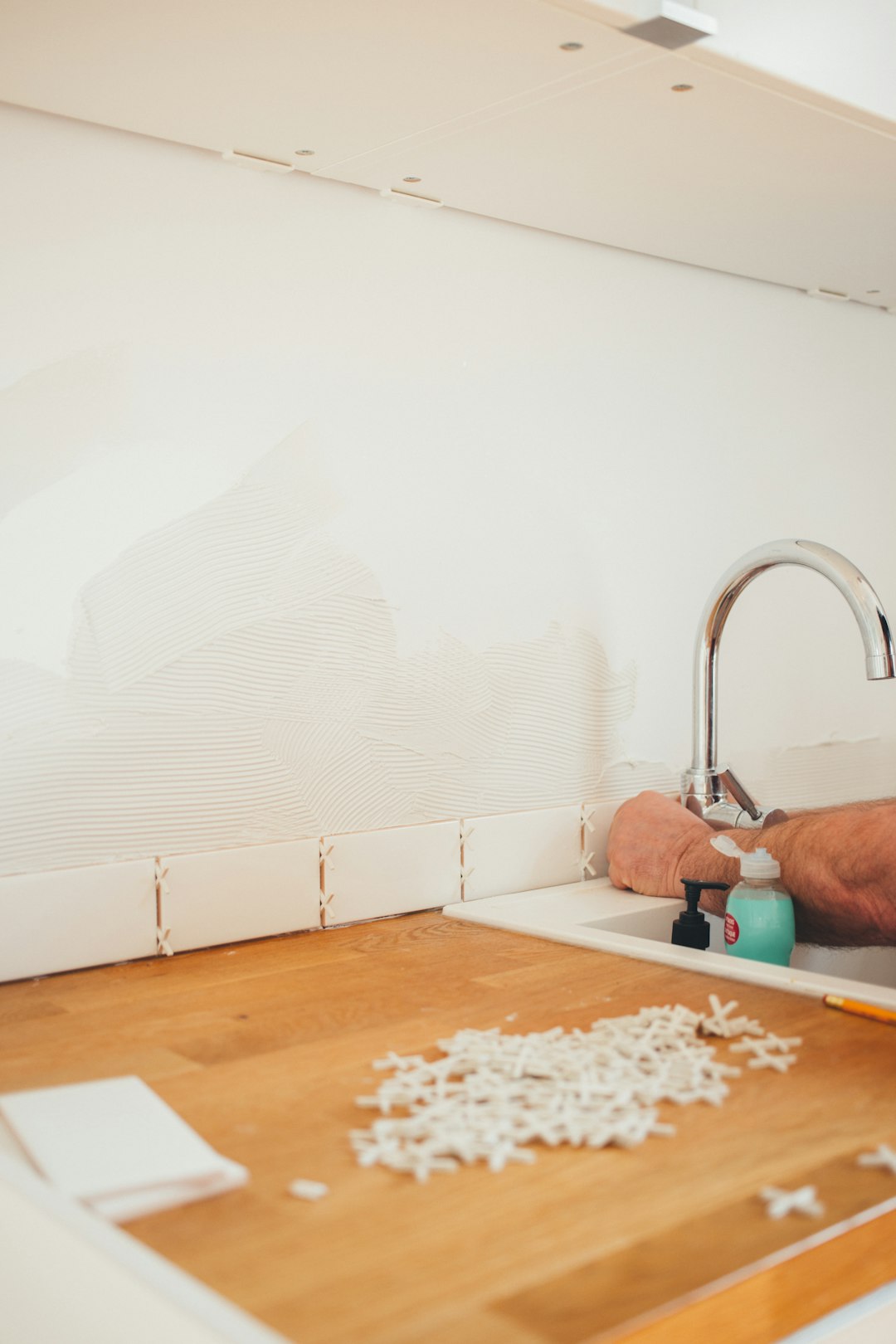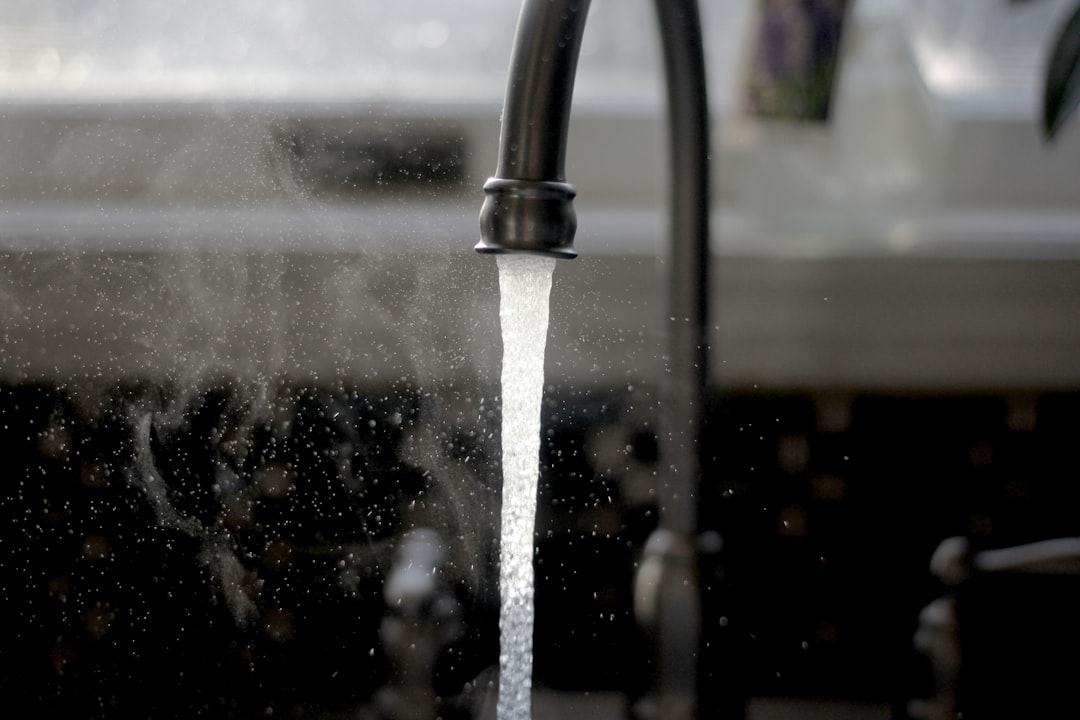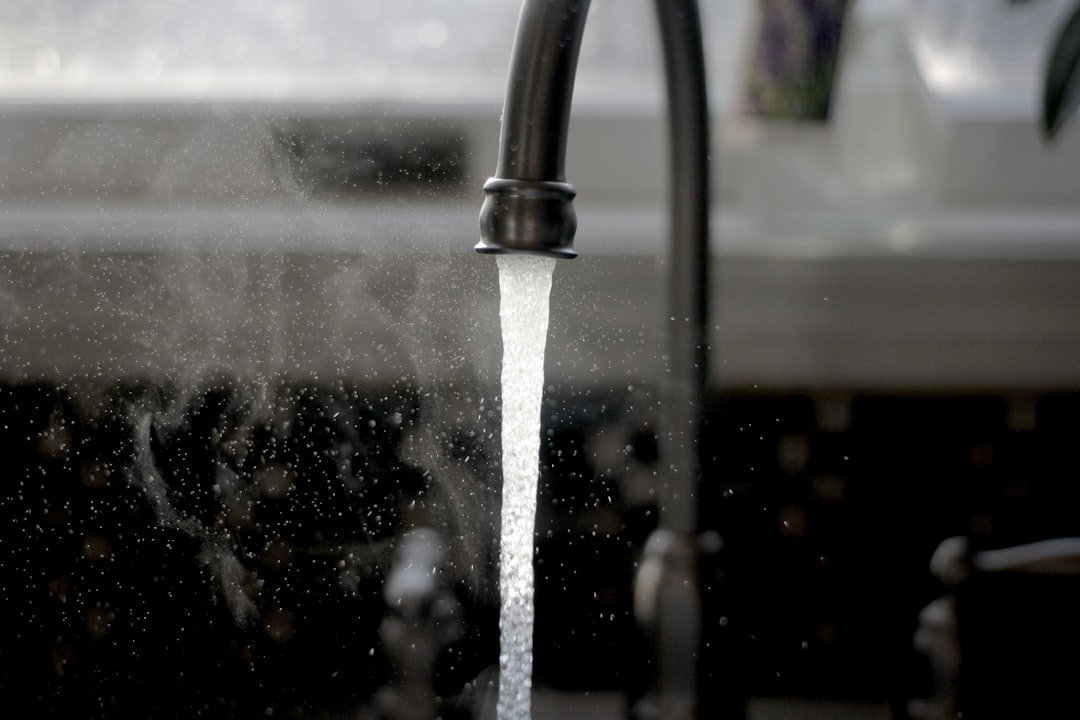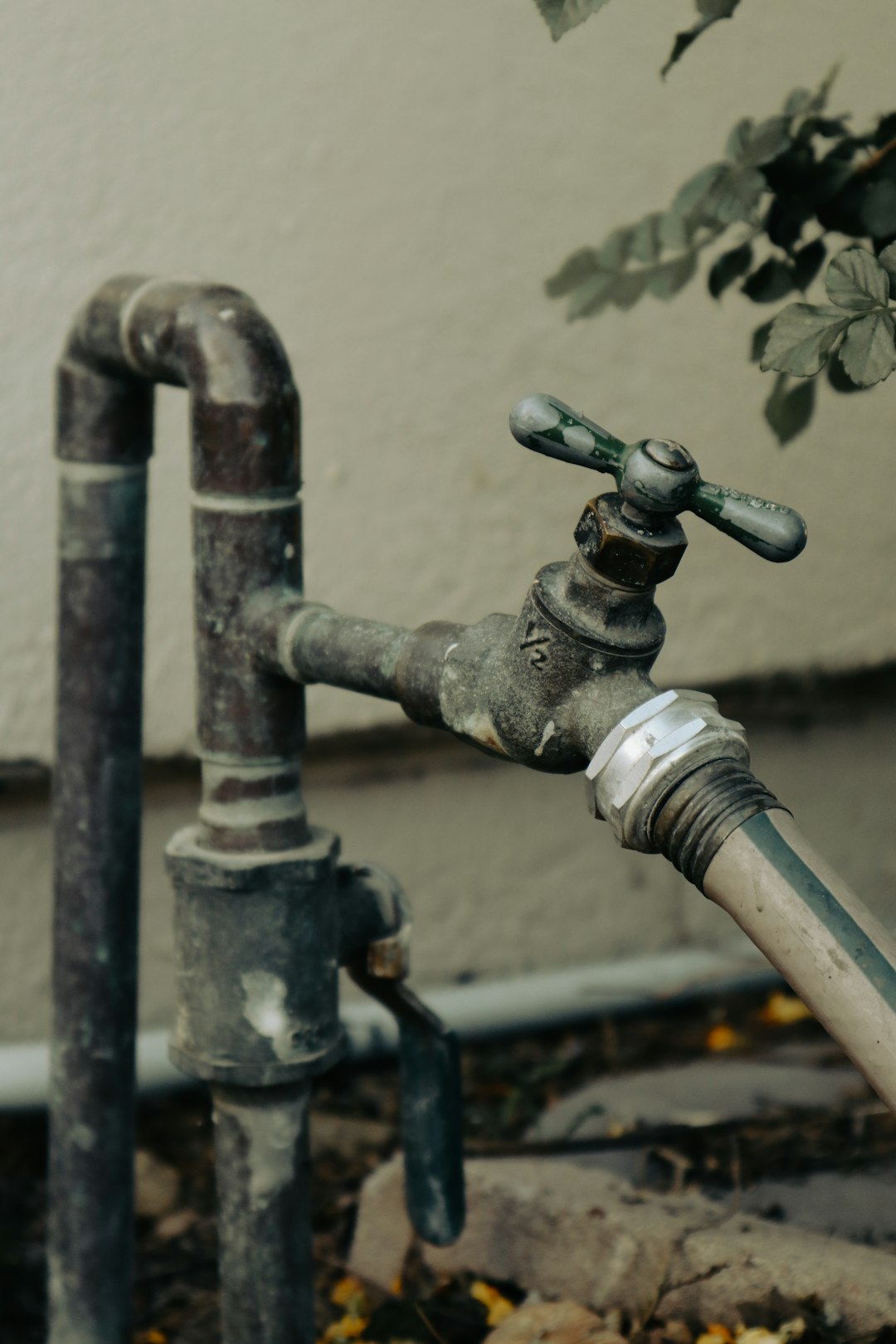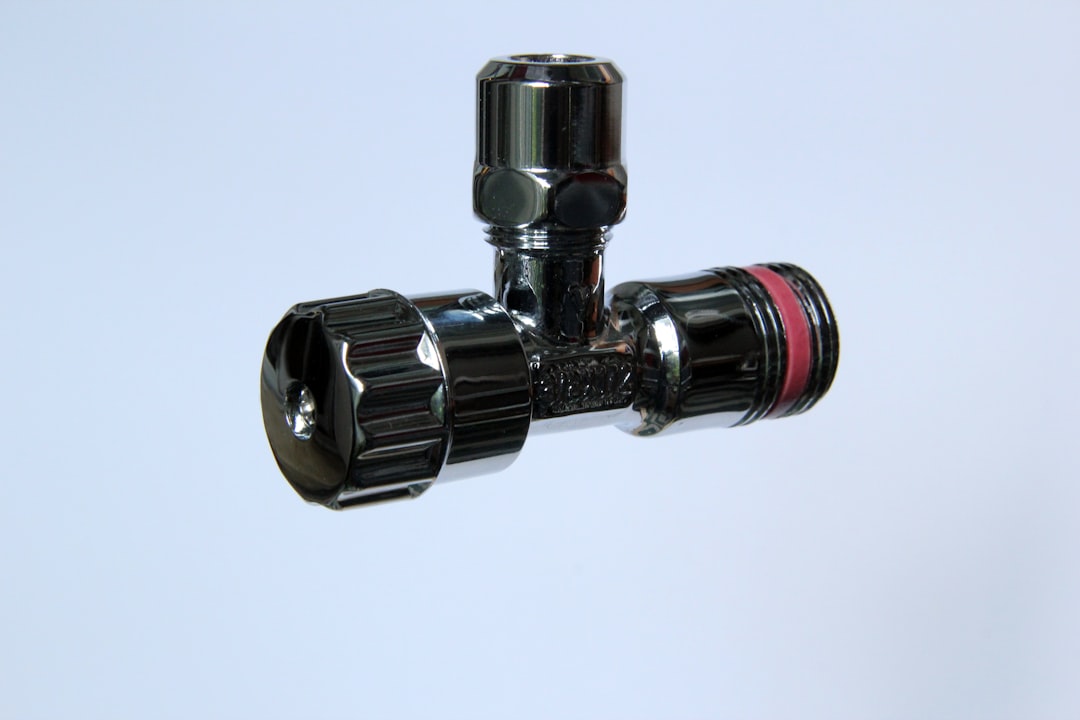Table of Contents
- Introduction
- Common causes of toilet clogs
- Tools used by plumbers for unclogging toilets
- Step-by-step process of using a plunger
- Using a plumbing snake to clear stubborn clogs
- Chemical vs. natural drain cleaners for toilet clogs
- When to call for plumbing emergency service
- Importance of regular plumbing maintenance
- Preventative measures to avoid future toilet clogs
- Conclusion
- Frequently Asked Questions
Introduction
Toilets are often the unsung heroes of our daily lives, yet they can also become the source of our most frustrating household dilemmas. When disaster strikes with a stubborn blockage, it’s easy to feel overwhelmed. But fear not! Professional plumbers possess insider secrets that can transform the hassle of unclogging a toilet into a smooth and efficient process.
In this article, we will dive into the world of plumbing mastery, exploring techniques and tools that these experts wield to conquer even the most challenging clogs. From simple plunging techniques to advanced methods involving specialized equipment, you’ll discover how professionals tackle toilet blockages like seasoned pros.
So, get ready to unleash your inner plumber and learn how to confidently face your next toilet emergency with the knowledge that could save your day…and your bathroom!
Common causes of toilet clogs
Toilet clogs are a common household issue that can disrupt daily life and lead to frustrating situations. Understanding the common causes of these clogs can help in both prevention and resolution. One of the most frequent causes of toilet clogs is the improper disposal of items that should not be flushed. This includes personal hygiene products, paper towels, and excessive amounts of toilet paper.
Another common culprit is a buildup of mineral deposits, particularly in older toilets. These deposits can accumulate in the traps and the plumbing, restricting the flow of water. Additionally, foreign objects such as toys or small items accidentally flushed can lead to blockages.
Moreover, malfunctioning plumbing components, such as a faulty flapper or a low-flow toilet, can contribute to clogs by not allowing enough water to flush waste effectively. Regular maintenance and mindful usage of the toilet can help mitigate these issues and keep your plumbing systems functioning smoothly.
Tools used by plumbers for unclogging toilets
Plumbers use a variety of tools to effectively unclog toilets, each designed for specific types of blockages. One of the most common tools is the plunger, which creates a pressure differential to dislodge obstructions. Plungers come in different shapes, with the flange-type being particularly effective for toilets. Another essential tool is the toilet auger, also known as a plumbing snake. This long, flexible rod can reach deep into the toilet’s trap and plumbing to break up clogs that are too stubborn for a plunger.
For more severe blockages, plumbers may use a drain camera, which allows them to inspect the pipes and identify the nature of the clog without invasive measures.
In addition, chemical drain cleaners may be employed, although they should be used cautiously, as they can damage pipes if not handled properly. Finally, a wet/dry vacuum may be used to suck out the blockage directly, especially in cases involving foreign objects. Each of these tools plays a crucial role in a plumber’s toolkit, enabling them to tackle toilet clogs effectively.
Step-by-step process of using a plunger
Using a plunger to unclog a toilet is a common and effective method. Here is a step-by-step process to guide you through it. First, gather your tools; you will need a plunger designed specifically for toilets, which has a flange on the end.
Next, make sure you have protective gear, such as rubber gloves, to keep your hands clean.
Before you begin, check the water level in the toilet bowl. If it’s too high, remove excess water with a bucket or cup to prevent spills.
Place the plunger in the toilet bowl, ensuring the flange fits snugly over the drain opening.
With a firm grip on the handle, push down slowly to create a seal before pulling up sharply, breaking the blockage.
Repeat this motion vigorously for about 15-30 seconds.
After several thrusts, lift the plunger to see if the water drains. If it does, flush the toilet to ensure the clog is fully cleared. If not, repeat the process until the clog is removed.
Using a plumbing snake to clear stubborn clogs
When faced with stubborn toilet clogs, one effective tool that plumbers often turn to is the plumbing snake, also known as an auger. This device consists of a long, flexible metal coil that can be maneuvered into the toilet drain to reach clogs that are far out of reach of traditional plungers.
To begin using a plumbing snake, the plumber first removes the toilet tank lid and flushes the toilet to empty the bowl. Next, they insert the snake into the drain, slowly feeding it through the trap and into the pipes. As the snake advances, it may encounter the blockage, whether it is caused by toilet paper, food, or other debris.
By twisting and pushing the snake, the plumber dislodges the clog and allows it to break free. Once the clog is cleared, the plumber retrieves the snake and flushes the toilet multiple times to ensure that all debris has been washed away. This method is particularly advantageous for stubborn clogs that refuse to yield to simpler methods, effectively restoring proper flow in the toilet.
Chemical vs. natural drain cleaners for toilet clogs
When faced with a clogged toilet, homeowners often turn to drain cleaners for relief. Two primary types of drain cleaners are available: chemical and natural.
Chemical drain cleaners typically contain harsh ingredients like sodium hydroxide or sulfuric acid. These powerful substances work quickly to dissolve clogs but can pose risks to plumbing and the environment. They may damage pipes, especially older ones, and the toxic fumes can be hazardous if inhaled. Additionally, chemical cleaners often do not address the root cause of clogs, which can lead to recurring issues.
On the other hand, natural drain cleaners are usually made from biodegradable ingredients such as baking soda, vinegar, or enzymes. They are less harmful to both the plumbing and the environment, making them a safer option for households. While they may take longer to work than their chemical counterparts, they can effectively break down organic matter and prevent future clogs with regular use.
Understanding the differences between these options is essential for making informed decisions regarding toilet maintenance.
When to call for plumbing emergency service
Knowing when to call for plumbing emergency service is essential to prevent further damage to your home. If you encounter a burst pipe or severe leak, it is crucial to contact a professional immediately. This type of situation can cause extensive water damage and lead to mold growth, making prompt action necessary.
Additionally, if you experience a sewage backup, this is another clear indicator that you should seek emergency plumbing services. Sewage backups pose serious health risks and require immediate attention to ensure safe and sanitary conditions in your home.
Another scenario calling for urgent assistance is when your water heater fails or begins to leak. Hot water issues can disrupt your daily routine and potentially cause property damage.
It’s also important to call for help if you notice signs of a gas leak, such as a strong odor or hissing sound, as this poses a significant risk to your safety. In all these cases, quick action can prevent more significant problems down the line.
Importance of regular plumbing maintenance
Regular plumbing maintenance is crucial for the longevity and efficiency of your plumbing system. Over time, pipes can accumulate debris, build-up, and corrosion, leading to potential blockages and leaks. By scheduling routine inspections, homeowners can identify issues before they escalate into costly repairs.
Preventative maintenance also ensures that plumbing systems function optimally, which can save water and reduce utility bills. Signs of trouble, such as slow drains or unusual noises, often indicate underlying problems that require expert attention.
Moreover, well-maintained plumbing can contribute to the overall safety and hygiene of a household. Leaks and moisture can foster mold growth, posing health risks to residents.
In addition, many plumbing emergencies arise from a lack of proper maintenance, leading to inconvenient and often damaging situations. Regular check-ups can reduce the likelihood of such emergencies, offering peace of mind to homeowners.
In conclusion, investing in regular plumbing maintenance is not only wise but essential for a functional, safe, and efficient home.
Preventative measures to avoid future toilet clogs
Preventative measures are essential for avoiding future toilet clogs and ensuring a smooth plumbing experience. One of the most effective strategies is to be mindful of what goes down the toilet. Only human waste and toilet paper should be flushed, as items like wipes, feminine hygiene products, and cotton balls can easily cause blockages.
Additionally, regular maintenance can help. Periodically inspecting the toilet for signs of wear or leaks can prevent larger issues down the line. Keeping the toilet tank clean and ensuring components like the flapper are functioning properly can also reduce the risk of clogs.
Educating all household members about proper toilet usage and the importance of not flushing inappropriate items is equally crucial. Also, consider using enzymatic cleaners that can help break down waste and prevent buildup within pipes.
Lastly, scheduling routine professional inspections can catch potential problems before they turn into costly repairs, helping maintain a clog-free toilet for the long run.
Conclusion
In conclusion, understanding the techniques and tools that plumbers use to tackle toilet blockages can empower homeowners to manage their plumbing issues more effectively. From identifying common causes of clogs to utilizing the right tools like plungers and plumbing snakes, we can take proactive steps to prevent future problems. Regular maintenance and mindful usage are essential in keeping our bathrooms functional and minimizing the need for costly repairs. It’s important to remember that when in doubt, seeking professional assistance is always a smart choice. If you’re facing stubborn blockages or persistent plumbing issues, don’t hesitate to reach out for help. Calling 573-555-2121 ensures you get expert plumbing assistance promptly, restoring your toilets and peace of mind quickly and efficiently.
